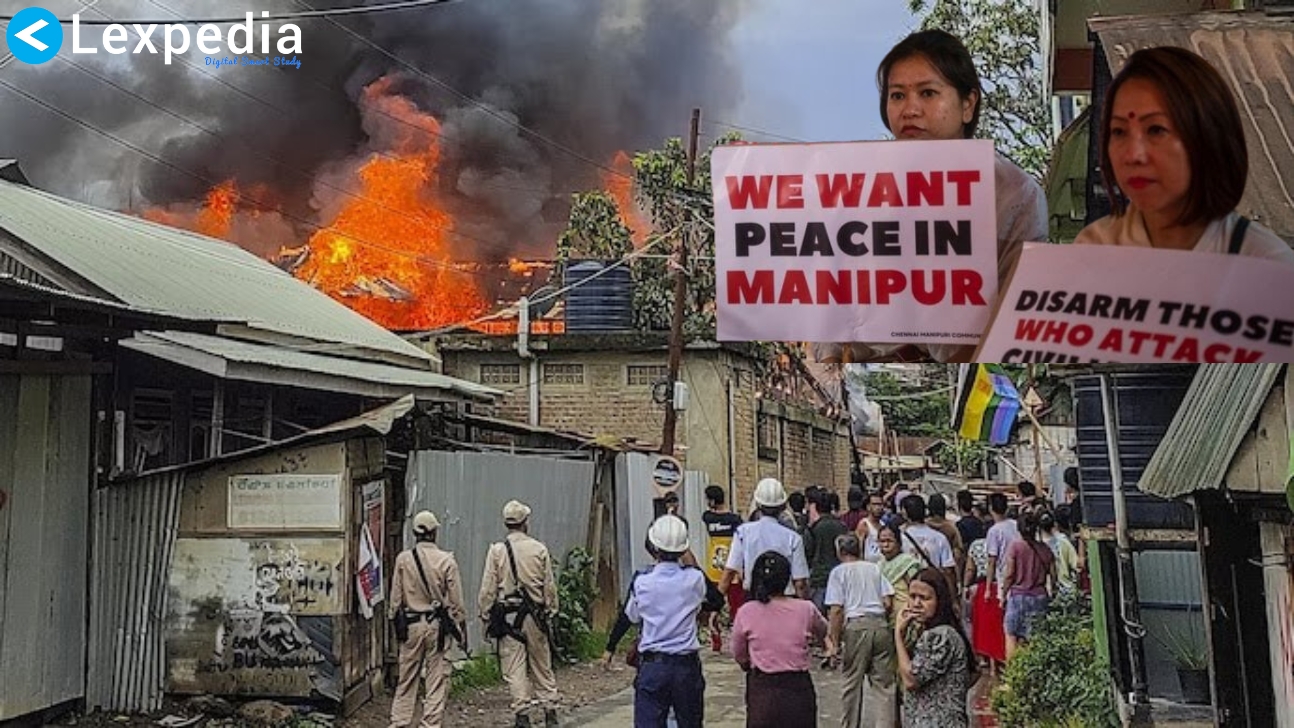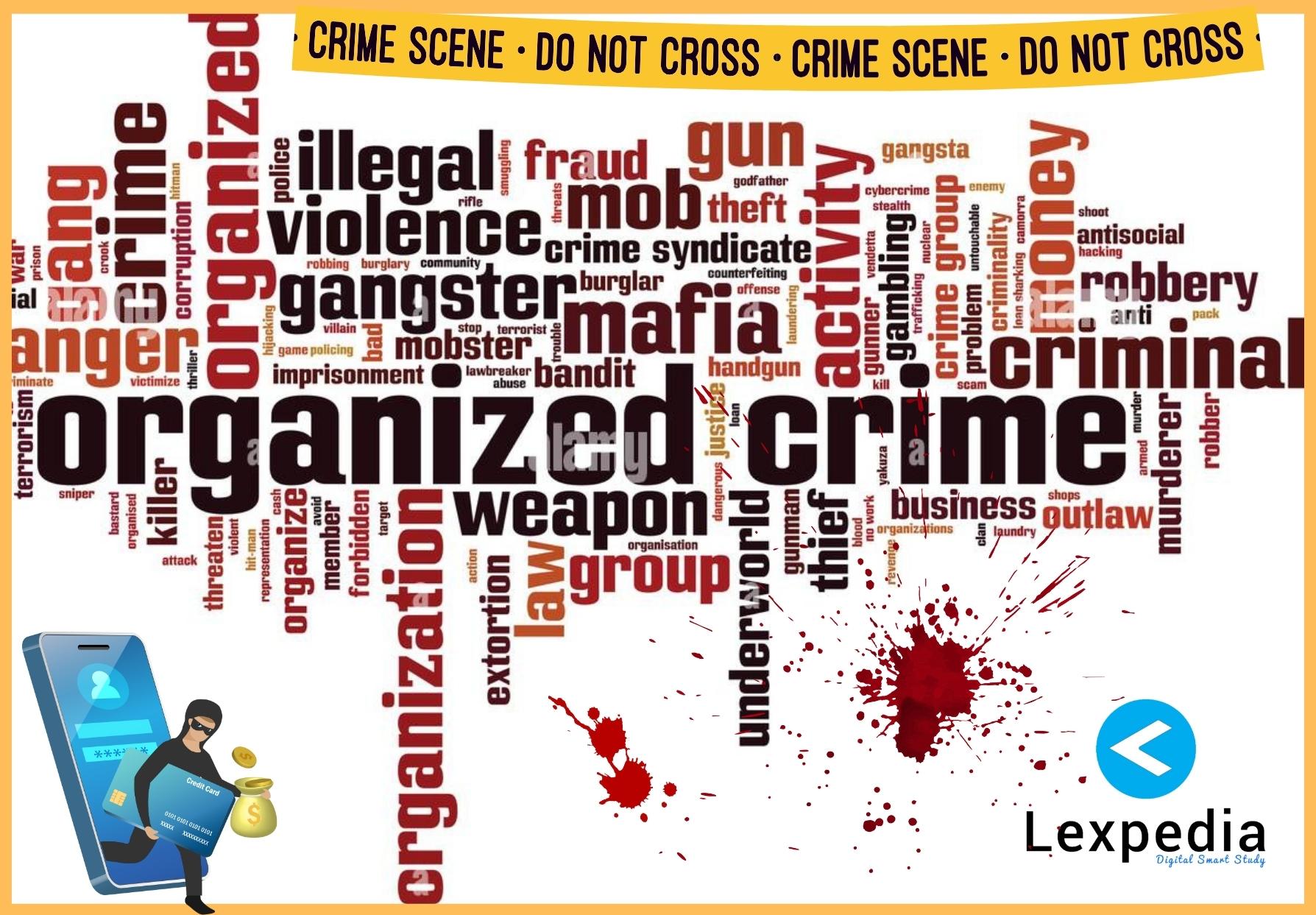Articles
Manipur, a north-eastern state of India, is known for its cultural richness, diverse communities, and stunning landscapes. However, beneath its picturesque exterior lies a history of violence and conflict that has often marred the region’s progress and stability. The Manipur violence is a multifaceted issue involving historical, political, social, and economic factors that have contributed to the complex situation that the state faces today.
- Dinesh Verma
- September 9, 2023
Hate speech, characterized by its derogatory and incendiary nature, stands as a menace to the fabric of societies across the globe. In an era marked by heightened communication and connectivity, the proliferation of hate speech has amplified the potential for division, conflict, and violence. This article delves into the intricate dynamics of hate speech, examining its definition, impact on individuals and societies, factors that contribute to its prevalence, legal considerations, and potential remedies.
- Dinesh Verma
- September 9, 2023
Organized crime, a multifaceted and clandestine phenomenon, poses a significant challenge to global security and socioeconomic stability. Spanning across borders and infiltrating various sectors, organized crime encompasses a range of illicit activities, from drug trafficking and human smuggling to money laundering and cybercrime. This article delves into the intricacies of organized crime, examining its characteristics, impact on societies, root causes, methods of operation, and efforts to combat it.
- Dinesh Verma
- September 9, 2023
Pre and post independence religion has played most important role in politics in India, in fact in present scenario it is still playing an important role in the Indian politics and the bitter truth is that it will play a vital role in negative sense in Indian politics in future too.
- Lexpedia
- September 4, 2023
Cryptocurrency, a revolutionary concept at the intersection of finance, technology, and economics, has captured the imagination of individuals…
- Lexpedia
- September 4, 2023
Communication is the process of exchanging information, ideas, and thoughts between individuals or groups. It involves the transmission of messages through a variety of channels, including verbal and nonverbal cues, written documents, visual aids, and technology.
- Lexpedia
- September 4, 2023
Environmental justice is a fundamental concept that seeks to address the unequal distribution of environmental burdens and benefits within societies. In a country as diverse and populous as India, the pursuit of environmental justice takes on even greater significance.
- Lexpedia
- September 4, 2023
In the realm of modern democracies, the media plays a pivotal role as the “Fourth Pillar,” alongside the executive, legislative, and judicial branches. This pillar represents the free press and its essential function of disseminating information, fostering public discourse, and holding power to account.
- Lexpedia
- September 4, 2023
Women empowerment is a pivotal aspect of societal development, representing a fundamental shift towards gender equality, rights, and opportunities. In India, a nation rich in cultural diversity and history, the journey towards women’s empowerment is both a pressing necessity and a transformative endeavour.
- Lexpedia
- September 4, 2023
Judgment is one of the most essential skills for law students to develop. It is the ability to analyse, evaluate, and make informed decisions based on legal principles and facts. Here are some reasons why judgment is important for law students:
- Lexpedia
- September 4, 2023
















